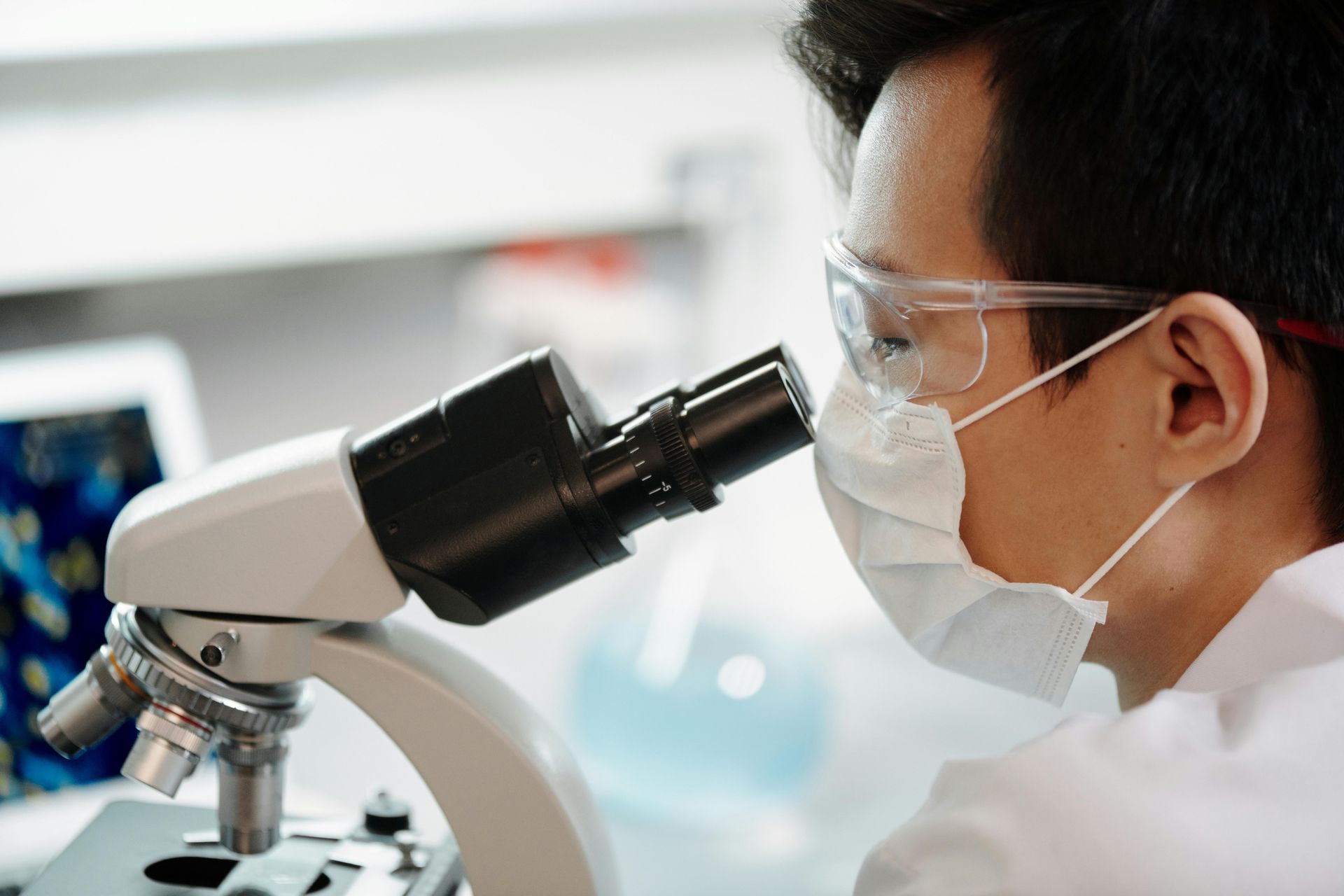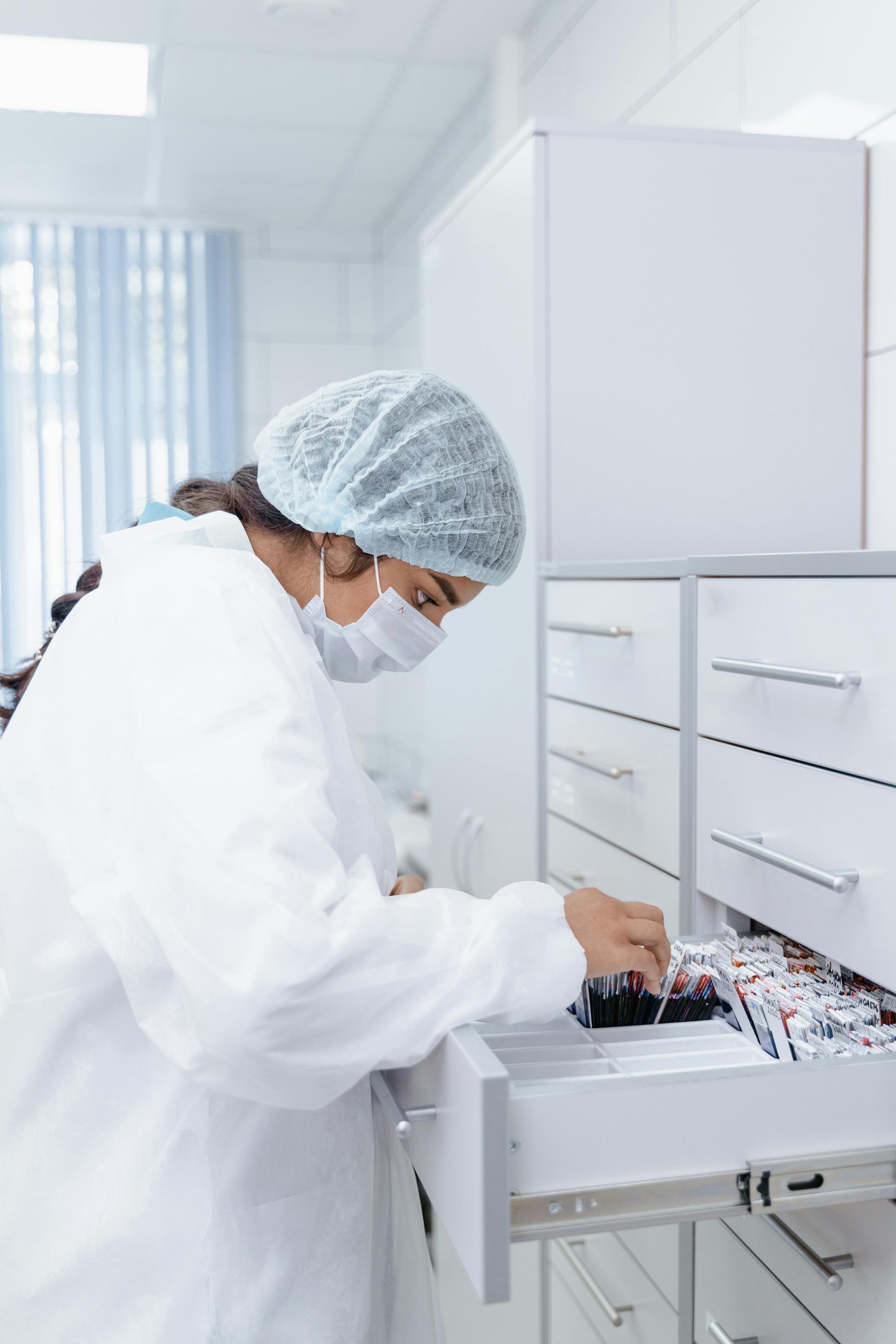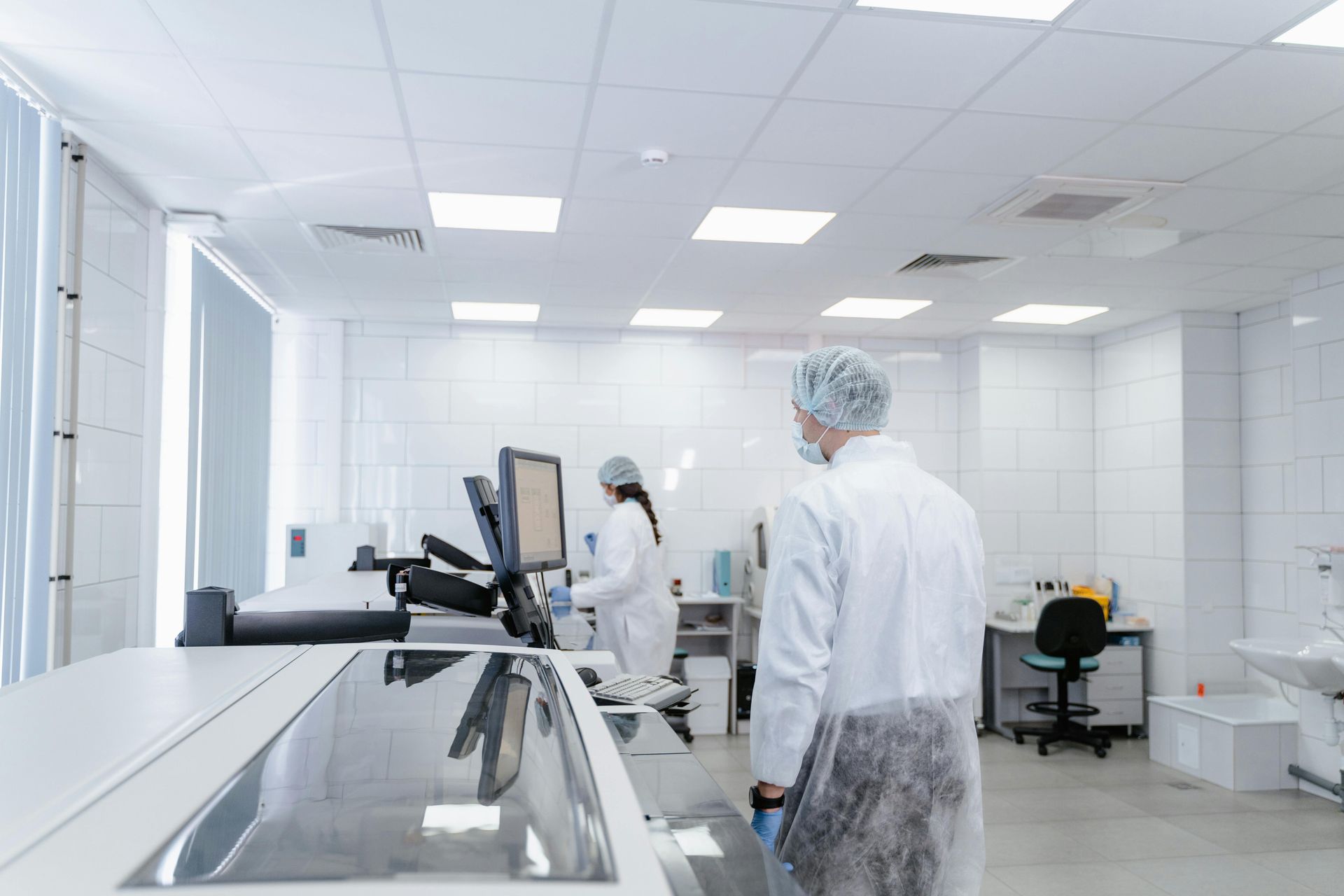Understanding Good Laboratory Practice (GLP) Guidelines
The Good Laboratory Practice (GLP) Guidelines outline clear steps and standards for ensuring that laboratory studies are consistent, accurate, and trustworthy.
Implementing GLP improves data quality, prevents costly setbacks, and makes research more efficient. Keep reading to see how these guidelines help organizations refine their processes, avoid regulatory pitfalls, and produce results that stand up to scrutiny.

What is Good Laboratory Practice?
In the 1970s, sloppy lab work led to insufficient data, raising red flags about research integrity. To fix this, the FDA and OECD introduced Good Laboratory Practice (GLP) regulations to set clear standards and stop unreliable findings from influencing public health.
GLP ensures that research is accurate, consistent, and trustworthy. It helps regulators assess drug safety, environmental risks, and chemical properties before products reach the market. These rules apply to labs working on non-clinical studies for pharmaceuticals, chemicals, pesticides, and food safety, ensuring that submitted data meets the standards of agencies like the FDA, OECD, and EMA.
Key Components of GLP Guidelines
Implementing Good Laboratory Practice (GLP) means building a system that guarantees accuracy, reliability, and compliance at every research stage. Several key components make this possible:
Organization and Personnel
A solid team is key to GLP compliance. Every team member should know their role, get regular GLP training, and focus on maintaining accurate data. A study director ensures everything runs smoothly and that research meets all regulations.
Facilities and Equipment
A well-maintained lab environment is key to reliable results. Properly calibrating equipment, controlling temperature and humidity, and securely storing raw data and test materials help prevent errors, contamination, and data loss.
Standard Operating Procedures
Standard Operating Procedures (SOPs) lay out clear, step-by-step instructions for lab work, ensuring each study is done the same way.
Study Protocols and Reporting
Study protocols define goals, methods, and expected results, providing a clear roadmap for research.
Importance of GLP in Pharmaceutical Research
GLP guidelines are the foundation of pharmaceutical development, ensuring research is reliable, transparent, and ready for regulatory approval.
Regulatory Compliance
Skipping GLP can lead to rejected data, costly fines, and stalled product approvals. Adhering to GLP ensures that study results can withstand global regulatory scrutiny.
Quality and Reliability
GLP enhances the credibility of laboratory studies by preventing errors, inconsistencies, and fraudulent data manipulation. Reliable research forms the foundation of safe pharmaceutical development.
Global Standards
GLP simplifies international compliance by standardizing research practices worldwide. This consistency promotes better global collaboration and faster market approvals.
Benefits of Adhering to GLP Guidelines
Following Good Laboratory Practice guidelines sets your research up for long-term success.
Stronger Credibility
GLP-compliant research earns the confidence of regulators, investors, and industry partners. With credibility on your side, securing regulatory approvals and funding becomes much easier.
More Efficient Operations
A structured, standardized approach minimizes errors, speeds up workflows, and prevents costly delays. Sticking to GLP can help your team:
- Complete studies faster
- Avoid rework caused by inaccurate data
- Make better use of resources and personnel
A Competitive Advantage
Organizations that commit to GLP stay compliant and build foundations for long-term growth and industry leadership. The benefits include:
- A stronger position in the market
- Smoother international expansion
- A reputation for delivering high-quality, reliable research
Stay on Track with GLP
GLP ensures data integrity and regulatory compliance, keeping research on solid ground. By following these guidelines, labs boost efficiency, earn trust, and increase their chances of regulatory approval while strengthening their industry reputation.
CfPIE offers specialized training courses and programs for professionals looking to master GLP. Their Good Laboratory Practices for Nonclinical Laboratory Studies course and GLPCP (Good Laboratory Practices Certified Compliance Professional) certification program provide the knowledge and credentials to stay ahead in an ever-evolving research landscape.
See All Courses
Blog Categories
Stay Informed


